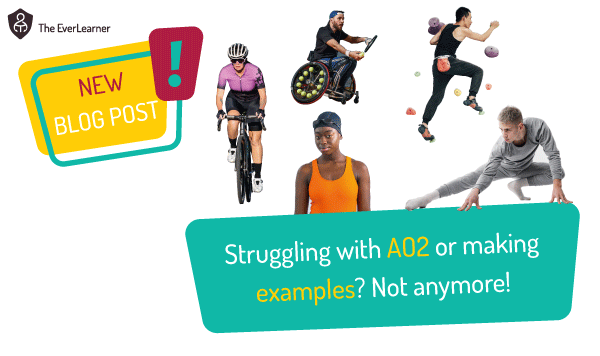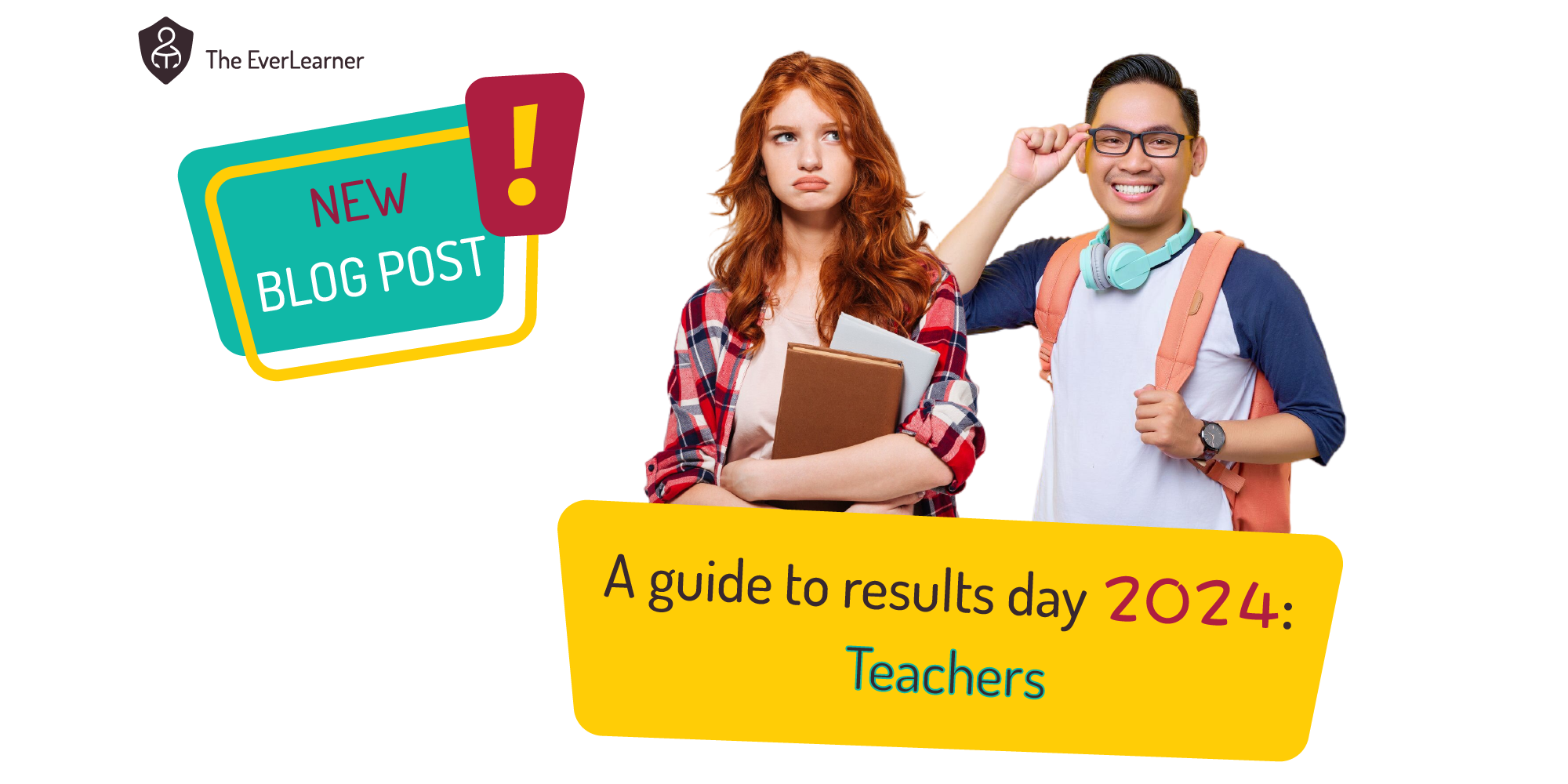"How can I know what they know?" Identifying the gaps and planning the road to COVID recovery
As students and teachers across the country return to face-to-face teaching, we look back at the challenges of the past 12 months, the disparity in students' learning experiences and how, going forwards, we can help teachers identify gaps in learning and implement personalised, targeted support efficiently.
Reserve your webinar space here:
Back to school...
Monday signalled the end of a challenging few months for teachers and students up and down the country, as children headed back into school for face-to-face lessons. Reports in the media, from colleagues, from parents and from children have all been overwhelmingly positive, focussing on the joys of catching up with friends and getting that much-needed in-person support (https://www.theguardian.com/education/2021/mar/08/nerves-relief-and-excitement-parents-in-england-welcome-return-to-school).
Identifying the gaps
Despite the reopening of classrooms signalling a step on the path to a return to normality, there is no shying away from the fact that the coronavirus pandemic has had a huge impact on students' learning.
Teachers have been doing a heroic job—this goes without saying. I remember the first day of lockdown (part trois), listening to my son's Year-5 teacher simultaneously teaching half a class of key-worker children, whilst also live teaching the rest over Zoom (and, of course, being interrupted by various pets appearing on screen!). I was in awe!
However, no child has had the same experience, with those from disadvantaged backgrounds most likely to have the largest gaps in learning (https://www.bbc.co.uk/news/education-53804740) . This enormous disparity in experiences adds an extra layer of challenge for teachers. I imagine it must be a little like that first PE lesson of Year 7, when you discover that in the same group you have the child who has already signed for Leicester FC, or the champion swimmer, alongside the child who has never kicked a ball or been in a swimming pool.
Each child, 12 months on from the start of the first national lockdown, returns to the classroom with their own unique "Covid journey". We, as teachers, need to be able to quickly identify any gaps in learning and input personalised, targeted support. Fortunately, it's what we're good at: we do it every lesson day in, day out. But this does feel a little different this time. Not only do we have this "lost learning" to make up for, but there is also the need for a strong focus on the emotional and mental well-being of these young people. There must be a careful balance and an importance of not adding even more stress to students who are hearing left, right and centre about their to need to "catch up".
We must not forget, of course, that teachers' well-being is also of vital importance. Never have teachers worked so hard: stress levels are high, energy levels are depleting. What we need is a solution that is efficient, adaptable and quick to implement, and one which adds little or nothing to the workload of our teachers.
Finding the solution
James Simms, teacher of 25 years' experience, director of The EverLearner Ltd and creator of ExamSimulator, is hosting a series of webinars over the coming weeks focussing on how the use of TheEverLearner dashboard, with its data and analytics, can support teachers in identifying gaps in learning and skill development, and quickly enable these to be "plugged". James explains:
| "This session is all about Dashboard. We will cover the exact ways in which teachers can identify, in under two minutes, the precise gaps in knowledge and skills that students may have. It gets better too... The Dashboard also shows us the best way in which to address those gaps." |
In the session, James will cover live data, progress data, exam data, checkpoint data and assignment data and how these streams form an insight into student performance.
Find out more
To find out more and to reserve your place, register here:
See you there! 😍
%20Text%20(Violet).png)



